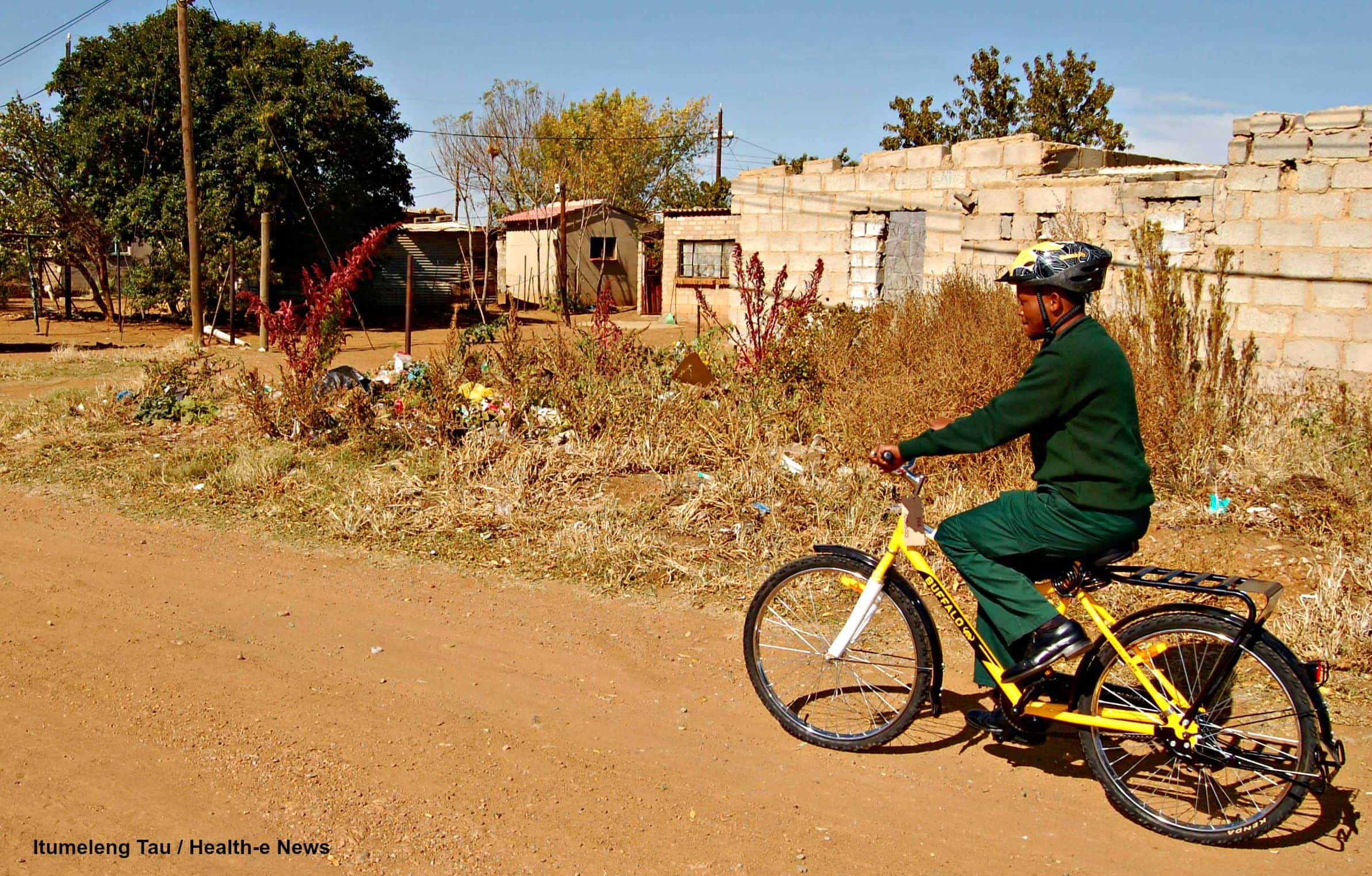Johannesburg to launch citywide diabetes campaign


About 2.3 million South Africans live with diabetes, a condition that impacts how the body uses blood sugar or glucose.
According to the latest Statistics South Africa figures, diabetes was the third underlying cause of natural deaths in 2014. In 2014, deaths related to diabetes outranked those attributable to HIV as well as influenza or pneumonia, according to statistics presented recently by the City of Johannesburg’s Executive Director of Public Health Dr Refik Bismilla.
Globally, rising rates of urbanisation are blamed for fuelling increases in obesity and sedentary lifestyles contributing to a rise in diabetes cases. South Africa is not immune.
By 2030, the National Development Plan estimates that the majority of South Africans will live in urban areas. The International Diabetes Federation has predicted an almost 50 percent rise in diabetes cases during roughly the same period.almost 50 percent rise in diabetes cases during roughly the same period.
“Lifestyle factors contribute mostly to the increase,” said Councillor Noncebo Molwele. Molwele is a member of Johannesburg mayoral committee and oversees the city’s health and social development portfolios.
Global programme, local impact
To address rising diabetes rates, the City of Johannesburg has joined the international Cities Changing Diabetes programme. The programme aims to help cities including Johannesburg, Copenhagen and Mexico City understand and address diabetes drivers affecting citizens.
Increasing Johannesburg residents’ access to diagnosis will be the programme’s first step.
“One of the biggest worries is that with that half the time people do not know they diabetic and often are diagnosed late,” said Dr Babalwa Maholwana, head of clinical and regulatory affairs at Danish pharmaceutical company Novo Nordisk. Novo Nordisk alongside the University College London is a partner in the Cities Changing Diabetes programme.
According to Maholwana, many patients have already begun to suffer complications from diabetes including kidney and eye damage by the time they are diagnosed.
“The whole aim of this initiative to treat our patients early,” she added. “As we have learnt with HIV, it’s better to diagnose and treat early.”
To increase early diagnoses, City of Johannesburg experts and medical students will begin screening patients at city clinics in April for diabetes as well as other non-communicable diseases like hypertensions. Experts and students are also expected to work with local ward-based outreach teams to conduct home visits for people living with diabetes.
Comprised of community health workers and headed by nurses, these ward-based teams conduct door-to-door health screenings and education with a particularly focus on the health of pregnant women and children under the age of five.
Home visits may help health workers identify treatment problems, including some patients’ inability to refrigerate life-saving insulin to ensure injections are effective.
“We (are) seeing an increase of diabetic patients in poor households,” Bismilla told Health-e News.
“Most of these patients would present early and (you) find they take their insulin shots properly, but then because they do not have a fridge to store the insulin in that their treatment (does) not work effectively,” he added.
Health promoters may also pop up at city hair salons, malls and spaza shops to raise awareness about the killer condition. – Health-e News.
Take a peak at the new diabetes screening kits below they hit Johannesburg streets in this short video:
Author
Republish this article
This work is licensed under a Creative Commons Attribution-NoDerivatives 4.0 International License.
Unless otherwise noted, you can republish our articles for free under a Creative Commons license. Here’s what you need to know:
You have to credit Health-e News. In the byline, we prefer “Author Name, Publication.” At the top of the text of your story, include a line that reads: “This story was originally published by Health-e News.” You must link the word “Health-e News” to the original URL of the story.
You must include all of the links from our story, including our newsletter sign up link.
If you use canonical metadata, please use the Health-e News URL. For more information about canonical metadata, click here.
You can’t edit our material, except to reflect relative changes in time, location and editorial style. (For example, “yesterday” can be changed to “last week”)
You have no rights to sell, license, syndicate, or otherwise represent yourself as the authorized owner of our material to any third parties. This means that you cannot actively publish or submit our work for syndication to third party platforms or apps like Apple News or Google News. Health-e News understands that publishers cannot fully control when certain third parties automatically summarise or crawl content from publishers’ own sites.
You can’t republish our material wholesale, or automatically; you need to select stories to be republished individually.
If you share republished stories on social media, we’d appreciate being tagged in your posts. You can find us on Twitter @HealthENews, Instagram @healthenews, and Facebook Health-e News Service.
You can grab HTML code for our stories easily. Click on the Creative Commons logo on our stories. You’ll find it with the other share buttons.
If you have any other questions, contact info@health-e.org.za.
Johannesburg to launch citywide diabetes campaign
by sibongilenkosi, Health-e News
April 14, 2016



